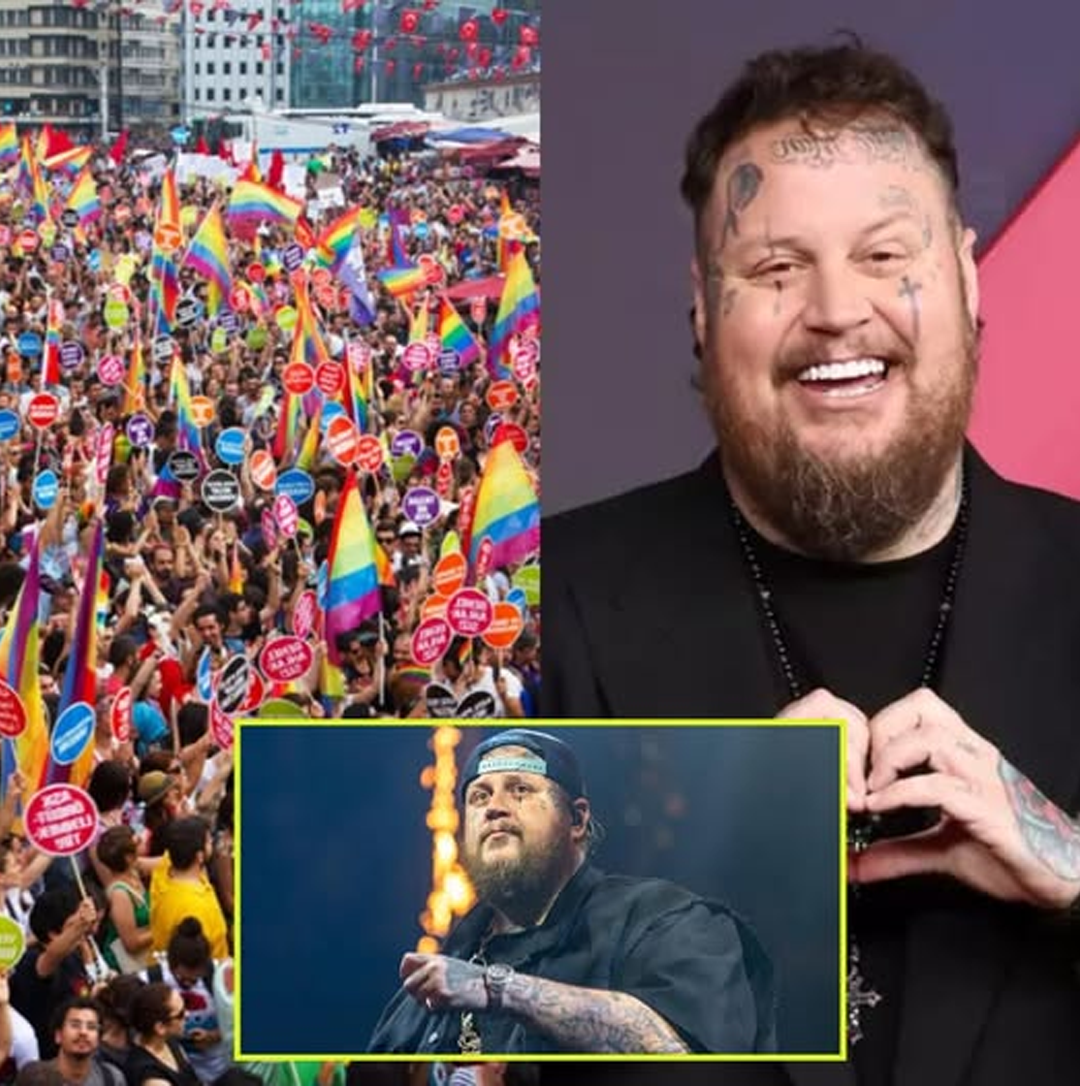Country-rap artist Jelly Roll (Jason DeFord) has sparked significant controversy following a social media post declaring he will not participate in Pride Month celebrations this June. His now-viral statement — “WOKE doesn’t deserve to be celebrated. I won’t be part of this agenda. June is for everyone, not just for politics.” — has deeply divided his fanbase and triggered strong reactions from celebrities, advocacy groups, and cultural commentators.
While Jelly Roll did not explicitly mention the LGBTQ+ community, the timing of his post (June 1) and his use of the term “woke” — which has become a politically charged term — were widely interpreted as a rejection of Pride Month and its values. In follow-up comments, he attempted to clarify by saying he has “love for everyone” but opposes what he views as division and political correctness. However, these remarks only fueled the debate and left many questioning his intentions.
Public Reactions:
- LGBTQ+ advocates and fellow artists, including Kacey Musgraves, were quick to criticize him. Musgraves tweeted: “Pride is not politics. It’s survival,” capturing a common sentiment that Jelly Roll’s statement minimizes the historical and present-day importance of Pride Month.
- Organizations like GLAAD and the Human Rights Campaign labeled his comments harmful, especially given his popularity among marginalized and working-class communities.
- On the other hand, some fans and conservative commentators applauded Jelly Roll, calling his stance a defense of free speech and a rejection of what they see as ideological pressure from the entertainment industry and media.
This situation highlights ongoing tensions in American culture about the meaning of Pride Month, the use of the term “woke,” and the role of public figures in navigating social and political discourse.

Jelly Roll’s personal journey—shaped by trauma, addiction recovery, and his self-identification as an “outsider”—has made him a powerful symbol of resilience and redemption. That very legacy is now intensifying the backlash against his recent refusal to support Pride Month. For many fans, particularly those from marginalized communities, his stance feels like a betrayal of the inclusive, empathetic ethos his music has long represented.
As one Reddit user wrote:
“He gave us songs about pain, shame, and being rejected. How can he now turn his back on people who live that daily because of who they are?”
Others, however, see the situation differently:
“You can care about people without aligning with political movements. Pride has been hijacked by corporations and ideologues. Jelly Roll is just saying ‘no thanks.’”
A Culture War Flashpoint
Jelly Roll’s comments land in the midst of an intensifying culture war over “wokeness,” identity politics, and the perceived role of artists in social and political discourse. Similar controversies have swirled around artists like Morgan Wallen and Jason Aldean, who’ve faced backlash for distancing themselves from progressive causes.
These debates reflect a broader question in American pop culture today:
Can public figures remain apolitical in an era where both speech and silence are seen as statements?
Pride as Protest, Not Politics
For LGBTQ+ individuals and allies, Pride Month is more than a celebration—it is a powerful, necessary reminder of ongoing struggles for visibility, safety, and equity. By framing Pride as “woke politics,” critics argue, Jelly Roll is ignoring its roots in protest and survival.
As activist Jalen Ortiz put it:
“This isn’t about being politically correct. It’s about honoring the people who risked—and still risk—their lives just to exist.”
The Bigger Picture
Whether Jelly Roll’s intent was political or personal, the impact of his statement is clear: he has entered a high-stakes cultural conversation during a month of deep symbolic meaning for millions. The response reflects a growing demand that public figures be accountable for their influence—not just in what they say, but in what their silence or ambiguity implies.
As Pride Month continues, this incident is less about one artist’s opinion and more about a larger national divide—one centered around who gets heard, who gets supported, and what values artists choose to amplify at moments that truly matter.

